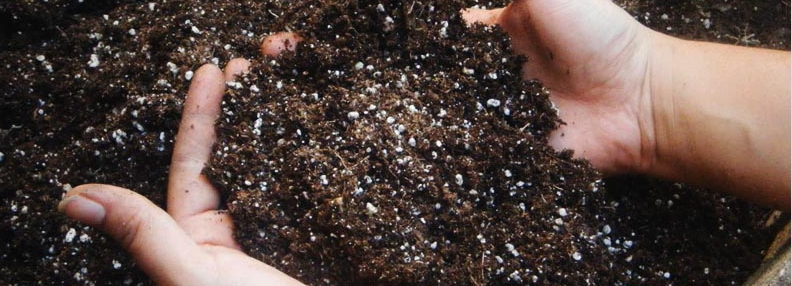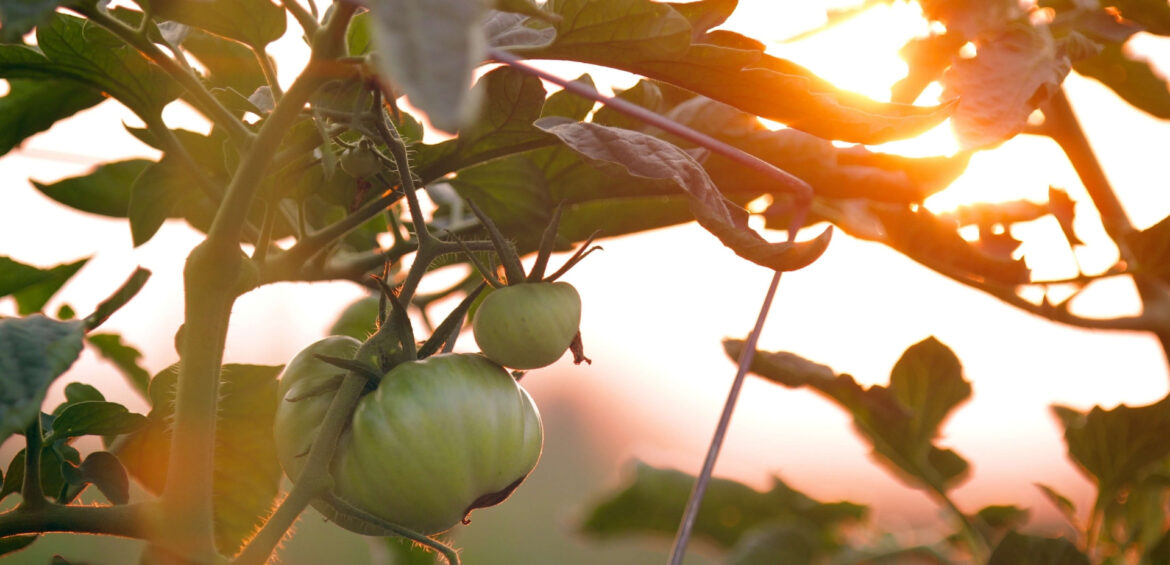Raised Bed Gardening will make your Plants VERY Happy
Not only will raised bed gardening make your plants very happy, but if you’re the kind of gardener who wants to enjoy incredible results, without having to put in too much time and effort, then raised bed gardening will most likely be the kind of growing solution that best suits your gardening style too. But first, let’s take a look at what raised bed gardening actually is…

What is raised bed gardening?
The simplest definition of the raised garden bed is a space for plants to grow, constructed in an upward direction instead of a downward one. Sometimes this translates to a simple pile of soil, or a few heaps of soil that have been enclosed in boxes to help keep their shape. A large container fabric pot can also be used to create a raised garden bed. The advantage of using a fabric pot to create your raised garden bed is that you can shift its position relatively easily. Place your fabric container on top of a garden table one day and then on top of the patio, by the wall in the shade, the next.
Incidentally, the concept of the raised gardening bed dates all the way back to 300BC. Pre-Hispanic communities and tribes who lived close to the Andes Mountains made use of the raised bed garden as a way of protecting their plants from erosion. The system they used was called “waru waru”. Not all gardeners like or approve of the technique. Many traditionalists believe in keeping gardens and plants down at ground level. But there are many benefits to raised bed gardening, which is why thousands of years later the system remains. So, what are the benefits?
No tilling, better soil, happier plants
In a traditional garden bed, it’s important to till up the soil on a regular basis, because it’s the best way of adding all the necessary ingredients to the soil to keep your plants healthy for longer. In a raised bed, just like in container gardening, tilling isn’t necessary. When adding fertilizer, compost (learn how to make your own compost), mulch, or manure to your soil, you simply place it on top. Natural tilling occurs as the roots push their way down and worms work their way through the soil. Over time the organic element of the soil in a raised garden bed increases, improving the strength and vitality of your plants.

Greater protection from little critters
When cultivating plants at ground level, we’re essentially presenting an open invitation to pesky garden critters, like slugs, to munch their way through whatever it is we’re trying to grow. Raised garden beds, particularly those that are built as wooden boxes, make it more difficult for slugs to actually get to the plant bed in the first place. You’ll be able to see them slowly climb their way up the sides of the bed, which will make it a little easier to control pest infestation and keep your plants happier. The higher you raise your bed, the better. In fact the higher the bed, the less opportunity there is for dogs to urinate all over your plants too.

Raised soil equates to better drainage
If you didn’t know already, one of the most common ways of killing a plant is by exposing it to too much water. If your garden is prone to flooding, or if the land you’re cultivating on is particularly marshy, then a raised garden bed can be really useful. Equally, if you live in a region with heavy rainfalls, an elevated bed is a great idea (Tip from Denny Schrock at the Uni. of Missouri) Plant leaves are kept away from any water that may congregate beneath the top layer of soil, roots are given a better opportunity to dry out, and heavy rains can come and go without putting your plants at risk. Remember that a raised garden bed is easy to setup with a spring pot and that our spring pots are available in a full range of sizes, from one to 400 gallons.
Raised bed gardens are excellent projects for beginners
On a final note, we think it’s worth noting that raised bed gardening is a really good option for beginner gardeners. It might be a little more expensive to actually set up a raised garden bed, but it’s easier to get really positive results first time round from a raised bed garden. In fact, you can have a fully functioning garden within a year if you choose to cultivate using raised beds. This is because there are many complications and barriers, like overwatering and tilling, that beginner gardeners avoid when planting in raised beds.
If you’d like to try cultivating a raised bed garden and you have a specific question you need answering, feel free to contact us for more advice. Likewise, if you’d like to try creating a raised bed garden using spring pots, let us know what kind of plants you want to grow and we can orientate you further.








